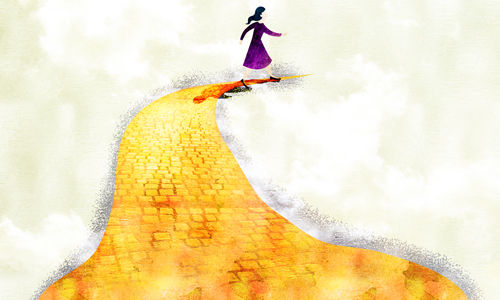

Ki Teitze
The laws concerning the rebellious child appear at the start of this weeks' Parsha. The rebellious child is peculiar because he is...


Parshat Shoftim
We were made in the image of God (Bereshit 1:27). We must strive to fulfil essence of God in our actions and in our dealings. And so, if...


Parshat Re'eh
As we slowly inch closer to the end of the Torah, the stake are rising. Expectations are slowly melding into realities and the...


Parshat Eikev
The parsha reads: וְזָכַרְתָּ֣ אֶת־כָּל־הַדֶּ֗רֶךְ אֲשֶׁ֨ר הֹלִֽיכֲךָ֜ יְהוָ֧ה אֱלֹהֶ֛יךָ זֶ֛ה אַרְבָּעִ֥ים שָׁנָ֖ה בַּמִּדְבָּ֑ר...


Parshat Vaetchanan
This week we examine one the most dense Parshiyot in the Torah. In this parsha we have the text of the first paragraph of Shema, we have...
